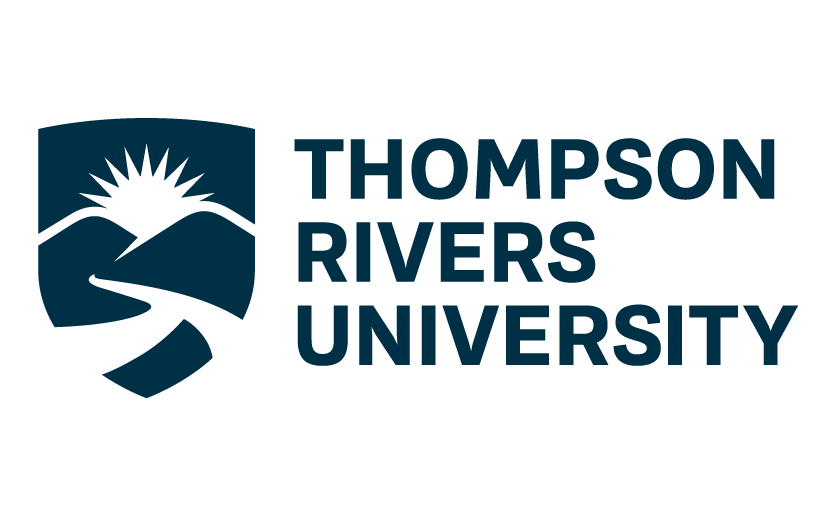DISCOVERIES
This is a collaborated list of habits from researchers to help you grow as a researcher. Taking into account your growth and mental health during research are important for the completion of a project.
To finish projects, researchers must develop skills and habits that will be beneficial to the tasks at hand. From the dissemination of the findings, down to the ‘grunt’ work of the project, certain habits have to be nurtured in order to fully reap the benefits of research well done.
- Time Management: This is a very essential skill since most students are juggling classes, work and projects. Falling behind may have some uncomfortable consequences, therefore staying ahead of your tasks is one way to make the load lighter.
Time is what we want more, but what we use worst.
William Penn
- The Art of Reading Articles (Elliot 2019): Knowing how to read and understand articles in your area of study is very important for research. One must know what articles to find and what key aspects are needed from the different articles. Developing this skill takes a considerable amount of time and practice, but mastering it is easily achievable.
Think before you speak. Read before you think.
Fran Lebowitz
- Learning to Start Projects Early (Ackerman 2019): Even though your research question may not be fully developed, planning can save you a whole lot of time down the road. By getting an early start, you give yourself enough time to think about what you want your research to focus on. You also give yourself a chance to look at your research project from multiple angles before you settle down on what you want to do.
Better to be three hours too soon, than one minute too late.
William Shakespeare
- Avoid the Deep Hole of Procrastination!!!: Procrastination is one of the most fierce time eaters. By understanding what activities take away your time, you will be able to make more conscious decisions about the things you choose to do at any given moment. In doing so, your time reservoirs will be overflowing.
The bad news is time flies. The good news is you’re the pilot.
Michael Altshuler
- Staying Focused: Starting a project may be easy, however staying focused on the same project, especially for long periods, may prove to be challenging. Preparing yourself for an extended period of focus is important; this can be done by ensuring that necessities are in close reach, while distractors are far from your workspace.
The successful warrior is the average man, with laser-like focus.
Bruce Lee
- Knowing When to Take a Break: Beating that deadline may be very important, however, so is making it with your head still on your shoulders. Different people have different reactions to stress, therefore, learn your body’s physical cues for when rest is needed. You may be hitting that same block multiple times simply because you are tired. So do not be scared or ashamed to take that much-needed break.
In this game, everyone needs a break to refuel, recharge and jump back in full throttle.
Helen Edwards
- Celebrate the Little Wins: Occasionally, things may be going slow or entirely out of hand. In these times, being able to appreciate the efforts you are putting into the project may be essential to prevent you from quitting. Therefore, one must learn to appreciate all progress made. Remember slow but steady…
Win small, win early, win often.
Gary Hamel
- Building and Maintaining Connections (Ackerman 2019): Making connections with other students working on the same or different projects as well as instructors is important during your research journey. These people may be able to objectively critique your work and shed light on areas that may need improvement as well as areas where you are doing a great job.
Experience is a master teacher, even when it’s not our own.
Gina Greenlee
- Perceiving Mistakes as Learning Moments (Elliot 2019): During the thrall of research, mistakes are bound to happen. Instead of pulling yourself down, take these moments to learn something new and improve your skills. Your mistakes are a pathway to the success of the project, only if you can identify and correct them.
You will only fail to learn if you do not learn from failing.
Stella Adler
- Journal Everything: Remembering why you chose to do something in a specific way about 2 months later can be very hard if you did not make any notes on what led to your decision. Therefore, it is best to record your steps and path of thought in that very moment to save it for another day, when you will need a refresher.
You can always edit a bad page. You can’t edit a blank page.
Jodi Pecoult
TAKEAWAYS
- A list of 10 steps to help you get through your research that you can add onto and grow to fit your needs.
REFERENCES
Ackerman, S. (2019, Nov 15). 8 Habits of Successful Researchers. The Art of Education University. https://theartofeducation.edu/2019/09/23/8-habits-of-successful-researchers/
Elliot, R. (2019, Oct 7). 7 Habits of Highly Effective Researchers. University of Washington. http://labs.ece.uw.edu/real/7_habits_of_effective_researchers.pdf

